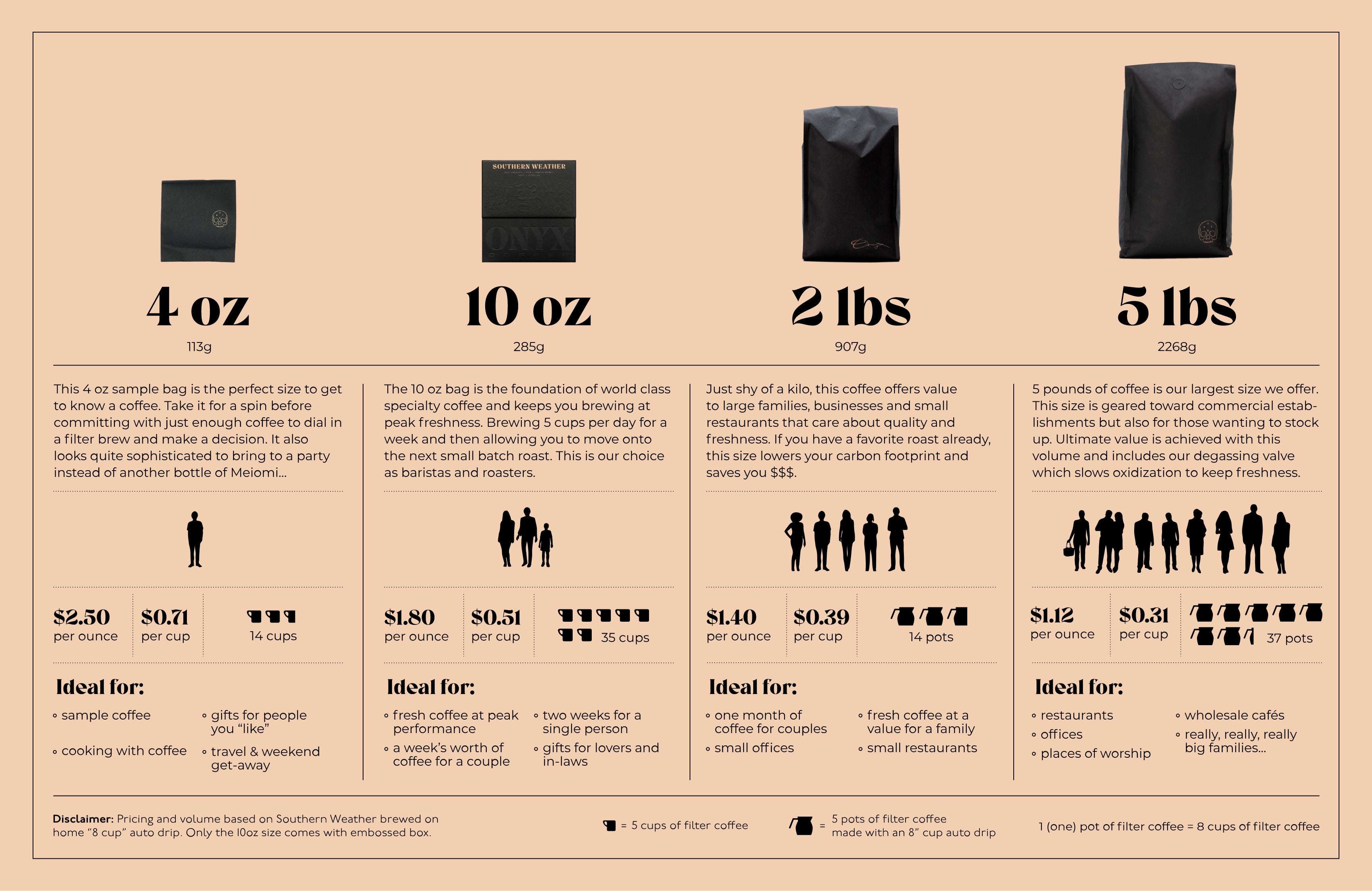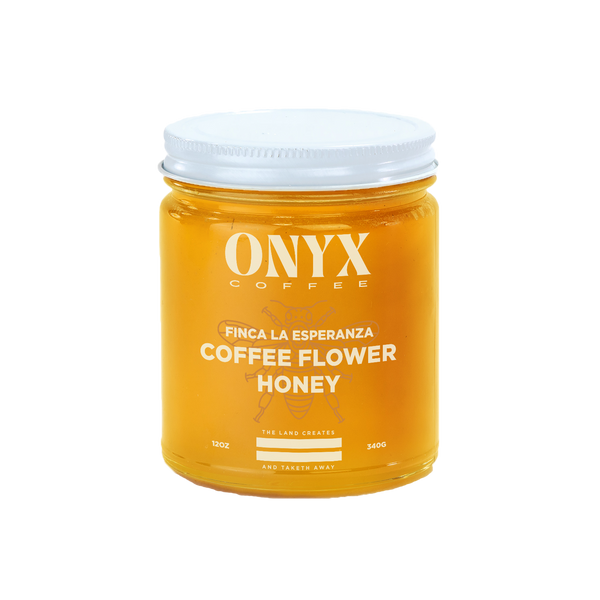Story
High in the mountains of Caldas, Colombia, our friends at Tío Conejo cultivate coffee guided by the shared values of wit, tenacity, and community. This dedication to tradition drives them to produce some of the finest coffee available. The farm, situated on rich volcanic soils on the outskirts of Manizales, stands at an impressive elevation of 2,000 MASL. This high altitude slows the maturation of coffee cherries, and when combined with holistic and meticulous agronomy practices, it results in the highest quality coffee. Shared values and a sense of community are at the core of everything done on the farm, which is why they chose Tío Conejo as their emblem. In local folklore, Tío Conejo represents traditional values and the resilience of coffee producers.
HONEY PROCESSED COFFEE
Honey processed coffees are tricky. Oftentimes the result of this process ends up being the same as if they were washed, but other times they end up much worse. The process begins much like washed coffee, where the cherries are depulped, but then the process is halted. Instead of sending the seeds to the fermentation tanks where yeast and microbes break down the sticky mucilage, the honey processed coffee is sent straight to the drying bed, where they’re pop dried with the mucilage left on. This leaves some of the fruit left partially on, ideally imparting some sucrose and fructose as it continues to ferment (slowly, in this case). The honey process gets its name from the sticky fruit left on the outside of the seed, but it is easier to think about when it’s referred to as a ‘pulped natural,’ or even ‘partially washed.’ Differing levels of fermentation and even the type of depulper used to strip the cherry from the seed can influence the color of the dried coffee. As the process's popularity has spread, new names for the levels of processing have spread with it. You will see the levels generally follow the trend from white honey, all the way to black honey. When we spoke with Ivanov about this processing method, he classified this honey as red honey. Prior to depulp, they pre-ferment the whole cherries in Ecotac bags, limiting oxygen and kickstarting the yeast and microbes to begin their work.
White honey usually follows the trend that most of the mucilage is removed, followed by a light and short fermentation with rigorous movement during drying. This exposes most of the parchment on the seed, which is a yellow to white color.
Yellow honey has a bit more mucilage left on the seed, as well as a bit more activity in fermentation. The mucilage left on will turn a golden yellow color as the oxidation of fermentation takes place. These are usually shade-dried and turned just a few times per day of drying.
Red honey has much of the seeds mucilage left on, with just the thin cherries skin removed during depulp. Heavily laden drying beds or patios become difficult to turn with the large mass of sticky fruit and seeds, which creates the perfect conditions for the slow oxidation and lots of microbial activity. All this activity, combined with the fruit left on the outside of the seed, turns the dried parchment a rusty red color.
Black honeys are considered the most ‘fermented’ of the honey process. This is when the terroir of the coffee takes a bit of a backseat, as the sugars from the fruit ferment and impart a winey flavor and heavier texture to the cup. Black honey coffees are seldom moved on the drying patios or beds, where they are fermented for extended periods of time. During this slow fermentation, the mucilage goes through all the phases listed above, before it transitions from a rusty red to a red-black color.







